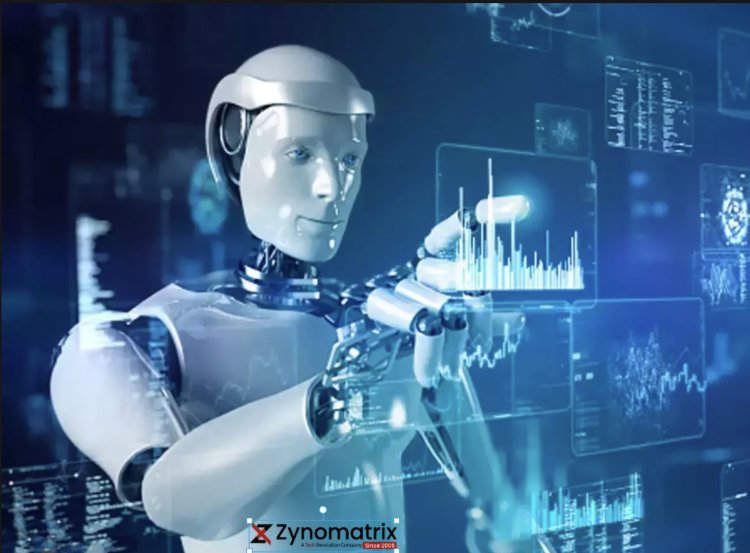Where is technology going?
As technology advances at a rapid pace, this blog post examines some of the trends that suggest where technology is heading. From artificial intelligence and virtual reality to the Internet of Things and quantum computing, we explore how these technologies are likely to shape our future.

As technology advances at an increasingly rapid pace, many wonders where it's all heading. Will we reach a technological singularity, where machines become more intelligent than humans? Will we colonize other planets and explore the cosmos? Or will we use technology to create a utopian society where everyone has access to basic necessities and lives in harmony?
While it's impossible to predict the future with certainty, there are a few trends that suggest where technology is heading in the years to come.
- Artificial Intelligence
Artificial intelligence (AI) is the science of developing machines that can perform tasks that typically require human intelligence. Machine learning is a subset of AI that involves training machines to learn from data without being explicitly programmed.
In the future, we can expect to see increased use of AI in a variety of industries, including healthcare, finance, and transportation. AI-powered robots and machines will also become more common in the workplace, performing tasks that are too dangerous or difficult for humans.
There is also the possibility that AI could become smarter than humans, leading to a technological singularity. While this scenario is still far off, it's worth considering how we might prepare for such an eventuality.
- Virtual and Augmented Reality
Virtual reality (VR) and augmented reality (AR) are technologies that allow us to experience computer-generated environments and information in a more immersive way.
In the future, we can expect to see more widespread use of VR and AR in a variety of industries, including gaming, education, and healthcare. For example, doctors could use VR to simulate surgeries before performing them on real patients, while educators could use AR to create interactive learning experiences.
- Internet of Things
The Internet of Things (IoT) refers to the growing network of physical devices that are connected to the internet and can exchange data with each other. This includes everything from smart thermostats and light bulbs to self-driving cars and industrial machinery.
In the future, we can expect to see even more devices connected to the IoT, creating a more interconnected world. This will lead to increased efficiency and productivity, as well as new opportunities for businesses to create innovative products and services.
- Blockchain
Blockchain is a decentralized ledger technology that allows for secure and transparent transactions without the need for intermediaries. It has gained popularity in recent years as a way to create more secure and trustworthy systems.
In the future, we can expect to see increased use of blockchain in a variety of industries, including finance, healthcare, and supply chain management. It could also be used to create more secure and transparent voting systems and reduce corruption in government.
- Quantum Computing
Quantum computing is a type of computing that uses quantum bits (qubits) to perform calculations. Qubits can exist in multiple states at once, allowing for much faster data processing and the ability to solve complex problems that are currently impossible with traditional computers.
While quantum computing is still in its early stages, we can expect to see increased use of this technology in the future. Quantum computing can be used to improve machine learning algorithms, optimize supply chains, and develop new drugs and materials.
Conclusion
The future of technology is likely to be characterized by continued advancements in artificial intelligence, virtual and augmented reality, the Internet of Things, blockchain, and quantum computing. As these technologies become more prevalent, we can expect to see increased efficiency, productivity, and innovation in a variety of industries. However, we must also consider the ethical implications of these technologies, such as the potential for job loss and the need to protect individual privacy.
Ultimately, it's up to us to shape the future of technology in a way that benefits everyone. By embracing new technologies and considering their potential impact on society, we can create a future that is more equitable, sustainable, and prosperous for all.
What's Your Reaction?





















